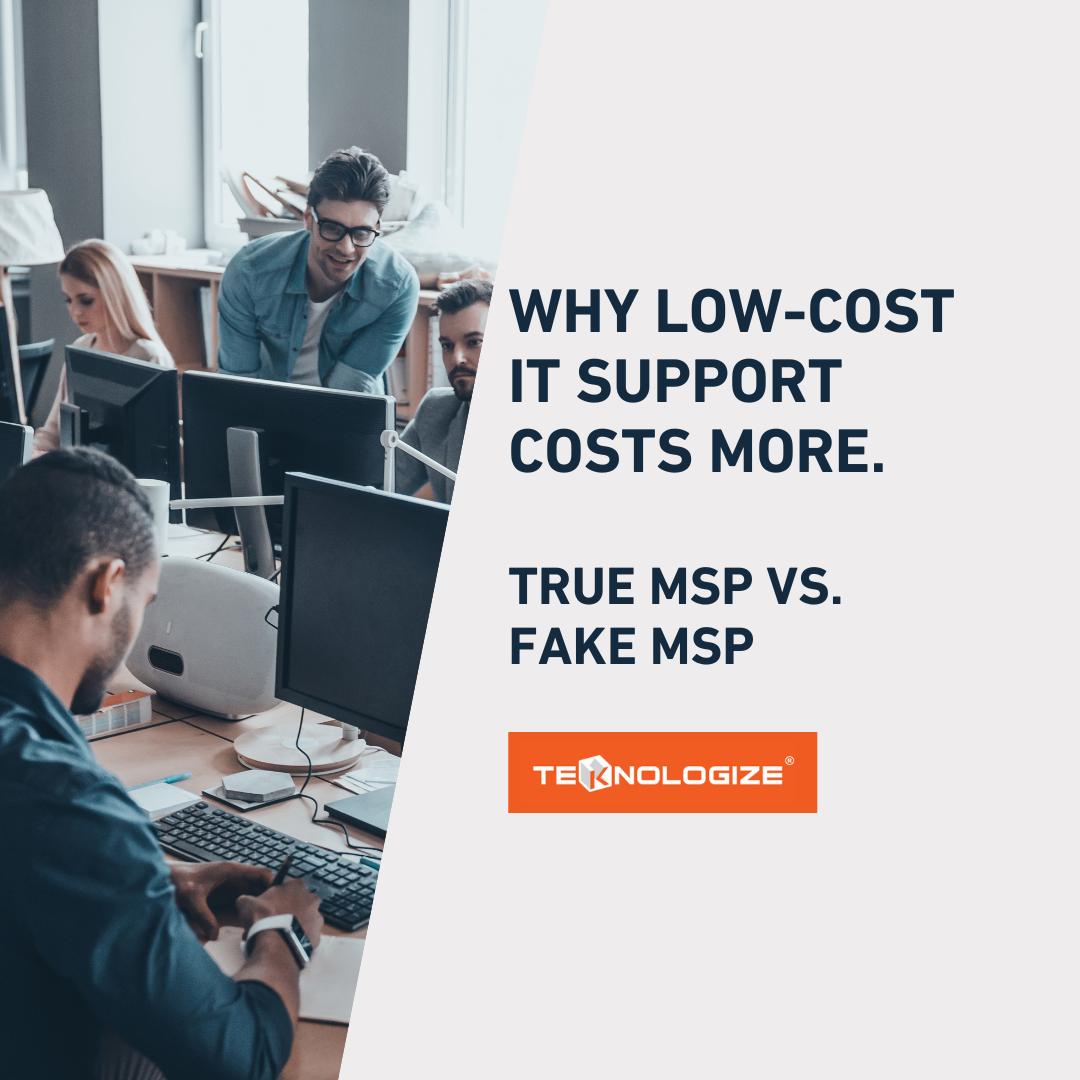Endpoint Detection and Response (EDR): Enabling Secure Growth for Small Businesses
Cybercriminals don’t go after businesses because they’re big.They go after businesses because they’re accessible. According to the IBM Cost of a...
Our smartphones are our lifelines. They keep us connected, entertained, and organized. But our devices can easily become cluttered with so many apps installed, from work tools to gaming apps and fitness trackers. Worse, they can become a significant vulnerability for our personal data.
Many apps serve more than their intended purpose: they collect and share your personal information, sometimes in ways you wouldn’t expect or agree with. Cleaning up your phone isn’t just about reclaiming storage space; it’s about protecting your privacy and minimizing unnecessary risks.
Here’s why you should take a hard look at your apps, and which ones you should delete immediately.
Apps are data collectors, designed to track and collect information about your habits, preferences, and even physical location. The more apps you install, the more avenues there are for your data to be exploited. Apps that fall into the following categories should be the first to go:
Apps That Pose the Greatest Privacy Risks
Some apps are notorious for their data-collection practices. While many popular apps collect data to improve their functionality, some cross the line into aggressive and unnecessary tracking. Apps developed in countries with different data privacy laws, like those from China, deserve particular scrutiny.
TikTok, CapCut, and Lemon8, created by China-based developer ByteDance, are prime examples of invasive software. They collect a staggering amount of data, including:
This extensive data collection isn’t just theoretical, it’s one of the reasons TikTok is banned in several countries and restricted on government devices in nations like the United States, Canada, Australia, and across the European Union.
Ready to clean up your phone? Follow these steps:
Your phone is a powerful tool, but it’s also a potential goldmine for data collectors. Regularly reviewing and deleting unnecessary or invasive apps is a simple but effective way to reclaim control over your privacy. Your data and your peace of mind are worth it.
What apps are you uninstalling today?
![]() Teknologize is a SOC 2 Type II accredited Managed IT and Cybersecurity provider serving small to mid-sized businesses across Washington and Oregon. We deliver full-service Managed IT Support, Co-Managed IT Support, advanced Cybersecurity Solutions, and IT Compliance Services for regulated industries, including Healthcare, Financial Institutions, the Utilities Sector, Manufacturing, and Professional Services.
Teknologize is a SOC 2 Type II accredited Managed IT and Cybersecurity provider serving small to mid-sized businesses across Washington and Oregon. We deliver full-service Managed IT Support, Co-Managed IT Support, advanced Cybersecurity Solutions, and IT Compliance Services for regulated industries, including Healthcare, Financial Institutions, the Utilities Sector, Manufacturing, and Professional Services.
👉 Book a Discovery Call to see how Teknologize can support your business.
Our Offices
Tri-Cities, Washington – 509.396.6640 | Yakima, Washington – 509.396.6640
Bend, Oregon – 541.848.6072 | Seattle, Washington – 206.743.0981
Questions about your IT or Cybersecurity? Give us a call today!
%20Enabling%20Secure%20Growth%20for%20Small%20Businesses.png)
Cybercriminals don’t go after businesses because they’re big.They go after businesses because they’re accessible. According to the IBM Cost of a...

IT Support Companies Can All Sound the Same, Until You Know What to Look For Business owners all want the same thing from their IT: reliability,...

Many SMBs don’t actually have an IT budget; they have a list of last year’s expenses. Everything goes into one bucket, and next year’s “budget” is...